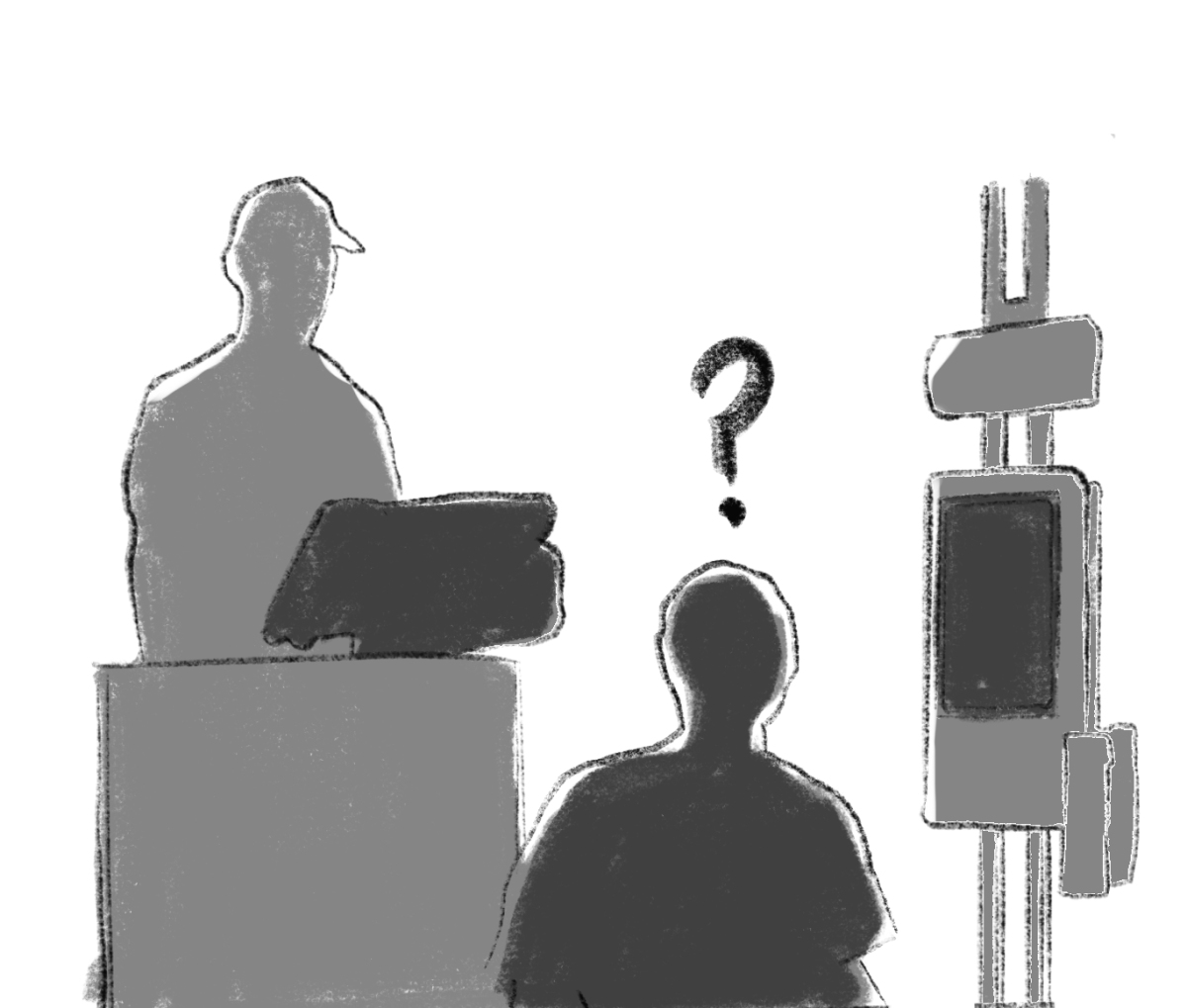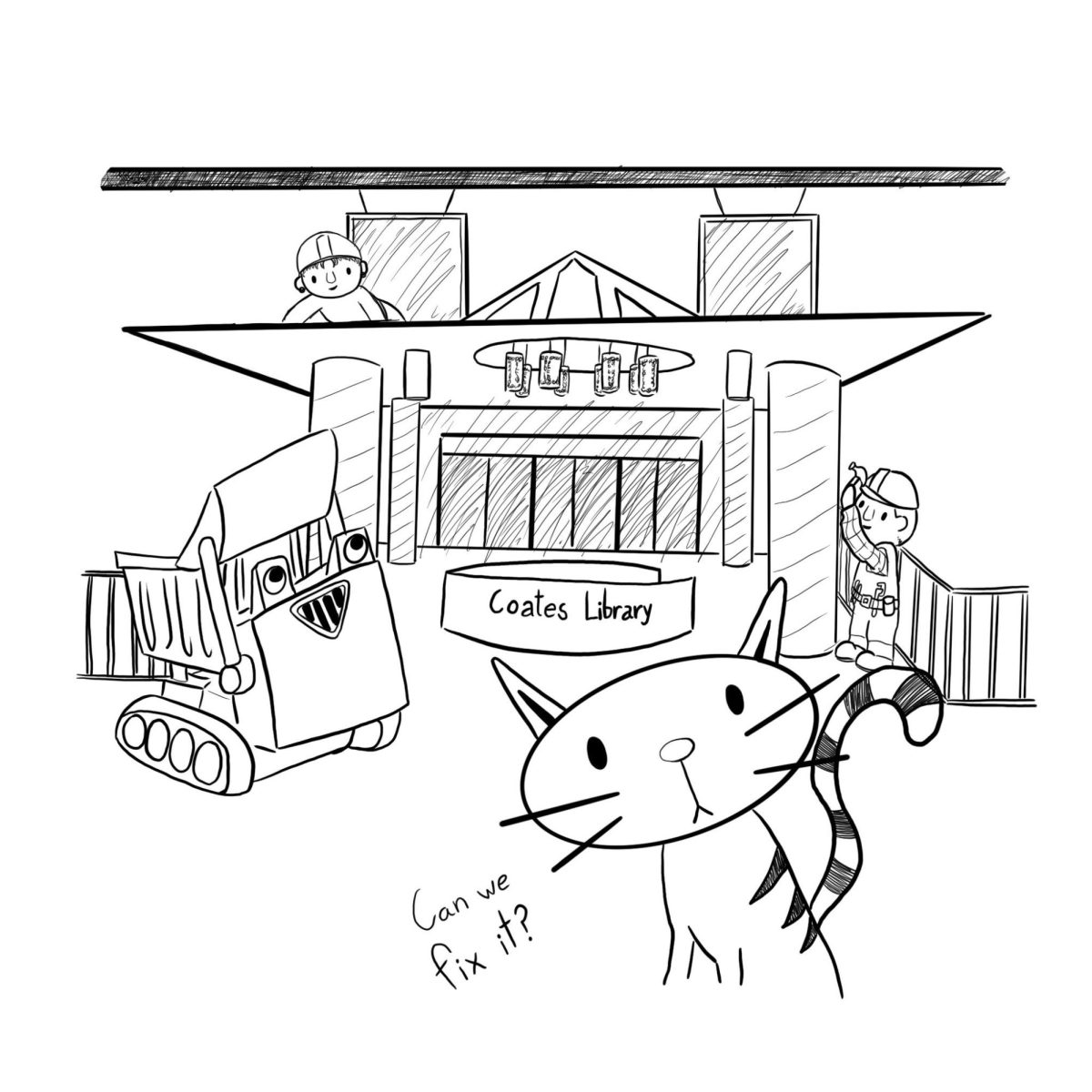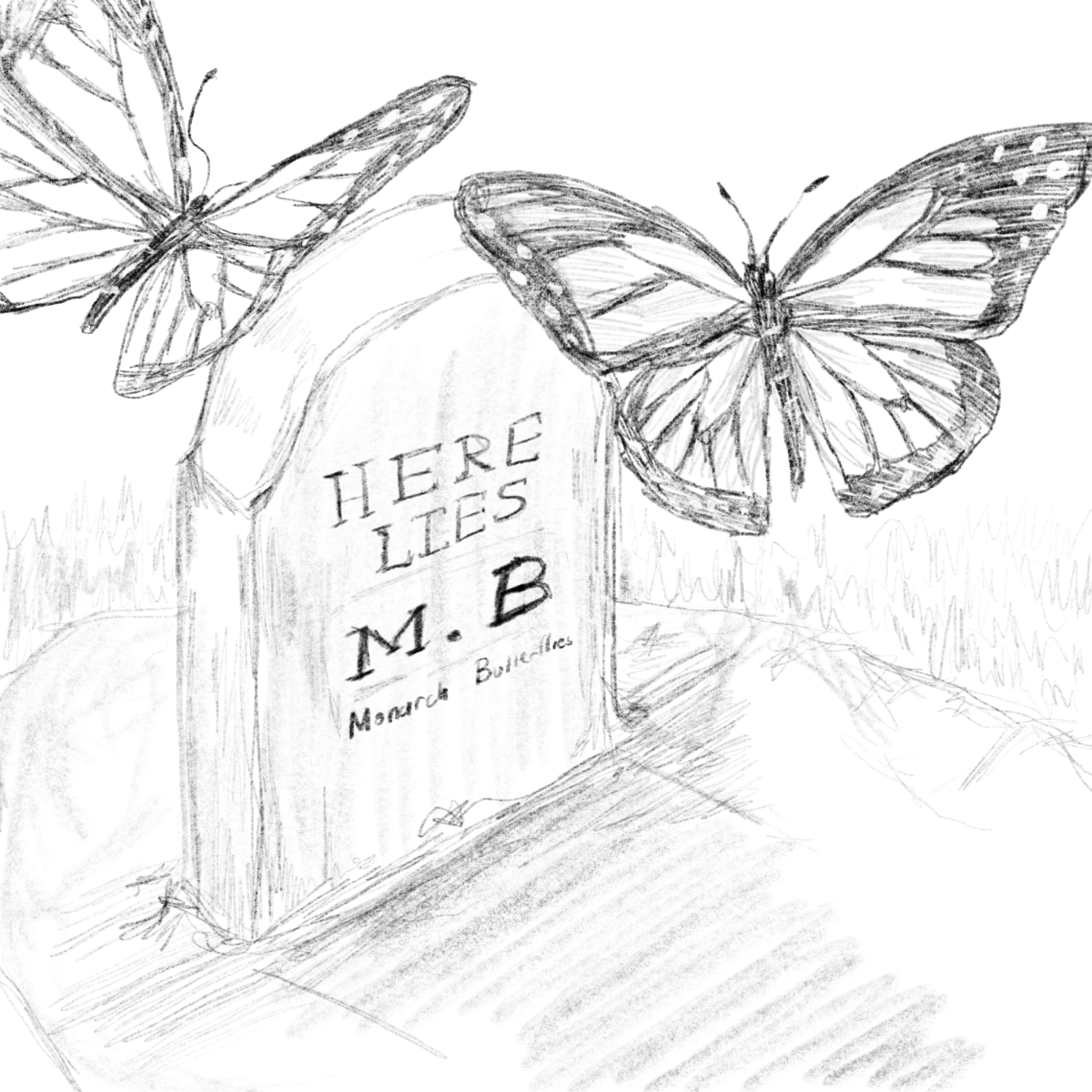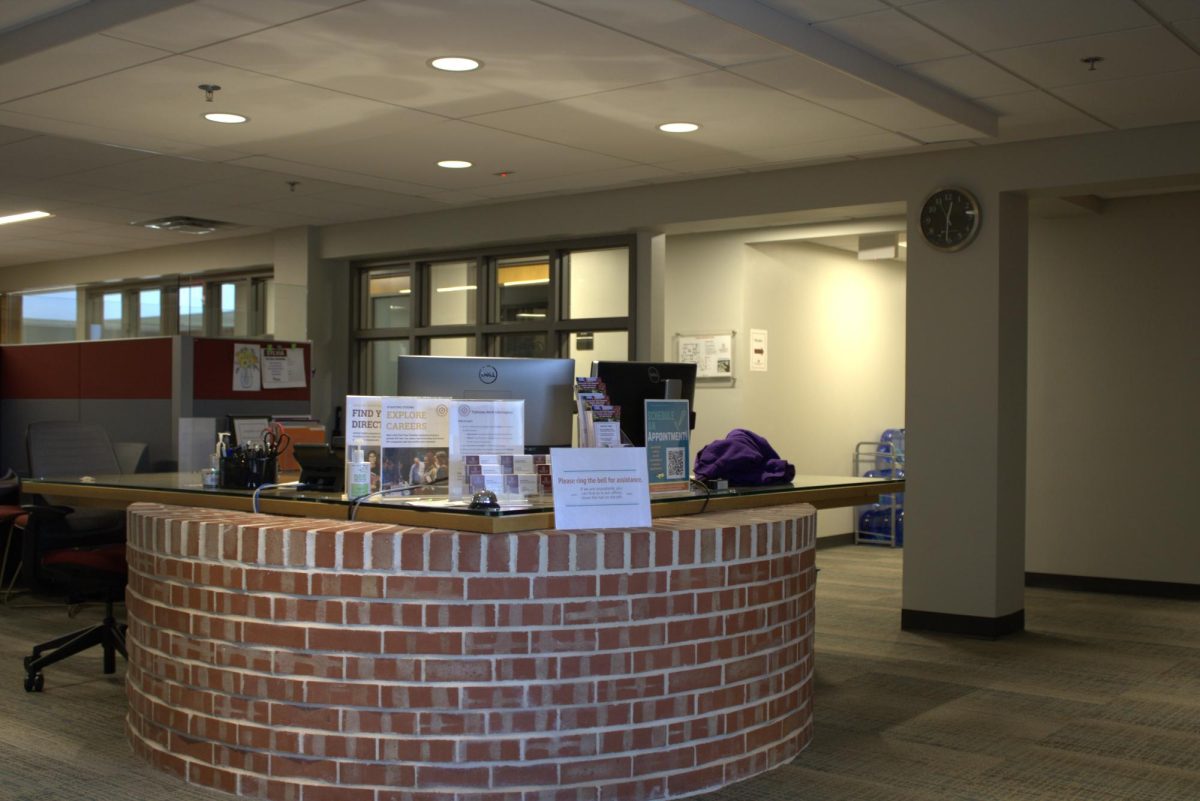Gravitating toward a “modern” campus, the university installed touch screens over the summer in the Coates Student Center. Although the screens replaced the humans that work behind the counter, you still receive a pleasant experience, right? Not entirely. The flaw within this process is not the presence of technology, but rather the loss of human interaction, which recently seems to be ever-so-limited. Technology has entered the lives of students across America, and it has done so with ease.
Technology is rapidly replacing natural interactions in restaurants, cafeterias and cafes across the nation with colored text on a screen, which is considered by some to be effective. It is assumed that the implementation of ordering kiosks is for the better, especially when the counter worker confuses the order, causing a ripple in the entire production line and resulting in a longer time spent waiting for food. With this considered, who can argue against the newly equipped, efficient and accurate system for lunch?
The use of automated screens is surprisingly not easy. As a first-year, the dining interface and process initially was overwhelming and confusing, almost to the point that I would simply avoid risking a portion of my day waiting to receive an unknown experience. It is possible the same applies to returning students, previously accustomed to interacting with someone on the other side of the counter. In addition, you are not guaranteed the right order just because you used a computer, as those making the order are human and therefore subject to human error.
Here at Trinity University, professors encourage conversation that includes a variety of perspectives, and sometimes, even, passionate debate. The campus culture is defined by a notable amount of disagreement regarding the best meal experience. Sometimes disagreement may revolve around opinions, which every individual possesses and nurtures most dearly. Surely, a variety of students that attend the university can concede that the value of a delightful lunch experience is high.
With that being considered, students commonly reference and evaluate the three following factors — time, quality and location. What gives you the most return on time? Perhaps, for many, the answer is Mabee Dining Hall. However, such is not the case for a majority of students visiting Coates Student Center, which is known for its multipurpose seating options and “higher-quality” food. During peak times, students can expect to wait for over 45 minutes to order and to receive their desired meal. Nonetheless, ordering through the app does not guarantee the correct order or a swift delivery. Coates is delivering warm food and a long line to its many visitors. What is missing?
This is no big deal, really, besides the fact that technology is exponentially discouraging in-person socialization. Yet, there are many benefits of socialization. It is acknowledged that speaking with others offers better mental health. This is no surprise. Students have the opportunity to overcome social anxiety, or simply go through the motions of a simple interaction with someone who might be a complete stranger, yielding an increased mood and heightened confidence. In addition, socialization gives an individual the opportunity to practice interpersonal communication skills which are dependent on not just words, but body language, facial expression and tone of voice.
In summary, I am not advocating on behalf of removing the automated ordering screens. Instead, the critical issue at hand is how far Trinity University students will be willing to digitize. With the rapid technological advancements of the 21st century, students must ask themselves where to draw the line.
Do we hope to have artificial intelligence taught in place of a tenured professor? One can only hope that we do not transition into an automated society with automated thoughts and ideas. That is not what we stand for. After all, Trinity University is “inspiring curious, confident and creative minds.” My question to all stands: Are we really making the best decisions, allowing what was once a social process to become completely automated and bland? Our lives must travel in the contrary direction. After all, natural interaction is what makes us human — we must preserve these interactions or face the inevitable consequences.







